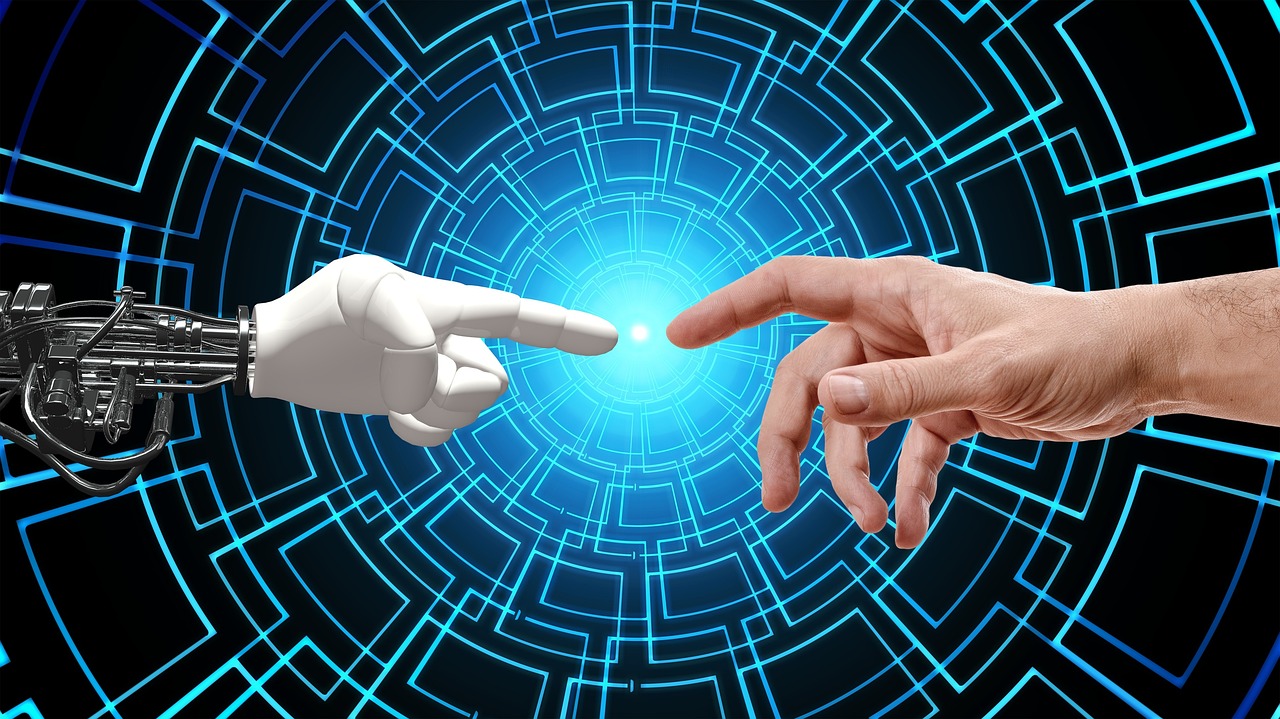How to Transition Your Career into AI and Automation with Practical DIY Learning
As the world rapidly evolves with technological advancements, the fields of Artificial Intelligence (AI) and automation are at the forefront of this transformation. Many professionals are now considering a career transition into these dynamic sectors. This article will guide you through the process of transitioning your career into AI and automation, focusing on practical DIY learning strategies that can help you acquire the necessary skills and knowledge.
Understanding AI and Automation
Before diving into the transition process, it’s essential to understand what AI and automation entail. AI refers to the simulation of human intelligence in machines programmed to think and learn. Automation, on the other hand, involves using technology to perform tasks without human intervention.
The Importance of AI and Automation in Today’s Job Market
The demand for AI and automation skills is skyrocketing. According to a report by the World Economic Forum, by 2025, 85 million jobs may be displaced by a shift in labour between humans and machines, while 97 million new roles may emerge that are more adapted to the new division of labor. This shift highlights the importance of upskilling and reskilling in these areas.
Assessing Your Current Skills and Interests
Before embarking on your journey into AI and automation, it’s crucial to assess your current skills and interests. This self-assessment will help you identify areas where you may need to improve or acquire new skills.
Identifying Transferable Skills
Many skills from your current profession can be valuable in AI and automation. Consider the following:
- Analytical Skills: The ability to analyze data and draw insights is crucial in AI.
- Problem-Solving: AI and automation often involve troubleshooting and finding solutions to complex problems.
- Programming Knowledge: Familiarity with programming languages can be a significant advantage.
- Project Management: Managing projects effectively is essential in tech-driven environments.
Exploring Your Interests
Understanding your interests can help you choose a specific area within AI and automation to focus on. Consider the following questions:
- Are you more interested in machine learning, robotics, or data analysis?
- Do you prefer working on the technical side or the business side of AI?
- What industries are you passionate about, and how can AI and automation impact them?
Setting Clear Goals for Your Transition
Once you have assessed your skills and interests, the next step is to set clear, achievable goals for your career transition.
Defining Your Career Path
AI and automation encompass various roles, including:
- Data Scientist
- Machine Learning Engineer
- AI Research Scientist
- Robotics Engineer
- Automation Consultant
Choose a path that aligns with your interests and skills. For instance, if you enjoy working with data, a role as a data scientist may be suitable.
Creating a Learning Plan
Your learning plan should include:
- Time Commitment: Determine how much time you can dedicate to learning each week.
- Resources: Identify the resources you will use, such as online courses, books, and tutorials.
- Milestones: Set milestones to track your progress and keep you motivated.
Practical DIY Learning Strategies
With your goals set, it’s time to explore practical DIY learning strategies that can help you acquire the necessary skills for a career in AI and automation.
Online Courses and Certifications
Online platforms offer a wealth of courses in AI and automation. Some popular platforms include:
- Coursera: Offers courses from top universities and companies, including machine learning and AI specializations.
- edX: Provides access to university-level courses in AI and data science.
- Udacity: Known for its Nanodegree programs in AI and machine learning.
Consider pursuing certifications that can enhance your resume, such as:
- Google Cloud Professional Machine Learning Engineer
- IBM Data Science Professional Certificate
- Microsoft Certified: Azure AI Engineer Associate
Hands-On Projects
Applying what you learn through hands-on projects is crucial. Consider the following approaches:
- Personal Projects: Create your own AI models or automation scripts based on your interests.
- Open Source Contributions: Contribute to open-source AI projects on platforms like GitHub.
- Hackathons: Participate in hackathons to collaborate with others and work on real-world problems.
Building a Portfolio
A strong portfolio can showcase your skills to potential employers. Include:
- Projects you’ve completed, including descriptions and outcomes.
- Code samples demonstrating your programming abilities.
- Any relevant certifications or courses completed.
Networking and Community Engagement
Networking is vital in any career transition. Engaging with the AI and automation community can provide valuable insights and opportunities.
Joining Professional Organizations
Consider joining organizations such as:
- Association for the Advancement of Artificial Intelligence (AAAI)
- IEEE Computational Intelligence Society
- Data Science Society
Participating in Online Forums and Meetups
Engage in online forums like Reddit, Stack Overflow, or specialized AI communities. Attend local meetups or webinars to connect with professionals in the field.
Staying Updated with Industry Trends
The fields of AI and automation are constantly evolving. Staying updated with the latest trends and technologies is crucial for your career growth.
Following Industry Leaders and Publications
Follow influential figures in AI and automation on social media platforms like LinkedIn and Twitter. Subscribe to reputable publications such as:
- MIT Technology Review
- Wired
- AI Magazine
Attending Conferences and Workshops
Participate in industry conferences and workshops to learn from experts and network with peers. Notable conferences include:
- NeurIPS (Conference on Neural Information Processing Systems)
- ICML (International Conference on Machine Learning)
- AI Expo
Real-World Case Studies
To illustrate the potential of transitioning into AI and automation, let’s look at a few real-world case studies.
Case Study 1: From Marketing to Data Science
A marketing professional named Sarah decided to transition into data science. She started by taking online courses in Python and machine learning. Sarah worked on personal projects analyzing marketing data and created a portfolio showcasing her work. After networking at industry events, she landed a data analyst position at a tech company.
Case Study 2: Engineering to Robotics
John, an engineer, was interested in robotics. He enrolled in a robotics certification program and participated in hackathons to build prototypes. By collaborating with others and sharing his projects online, John gained visibility and was eventually hired by a robotics startup.
Conclusion
Transitioning your career into AI and automation is an exciting journey filled with opportunities. By assessing your skills, setting clear goals, and engaging in practical DIY learning, you can successfully navigate this transition. Remember to leverage online courses, hands-on projects, networking, and staying updated with industry trends. With dedication and the right resources, you can position yourself for a rewarding career in one of the most dynamic fields today.
In summary, the key takeaways for transitioning into AI and automation include:
- Assess your current skills and interests to identify your career path.
- Set clear goals and create a structured learning plan.
- Engage in practical DIY learning through online courses and hands-on projects.
- Build a strong portfolio to showcase your skills.
- Network with professionals and stay updated with industry trends.
Embrace the journey, and you’ll find that the world of AI and automation offers endless possibilities for growth and innovation.



